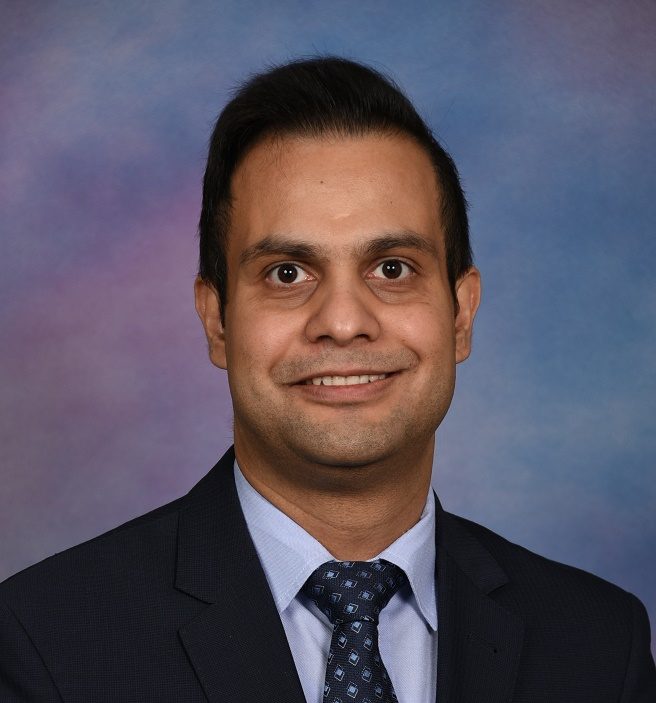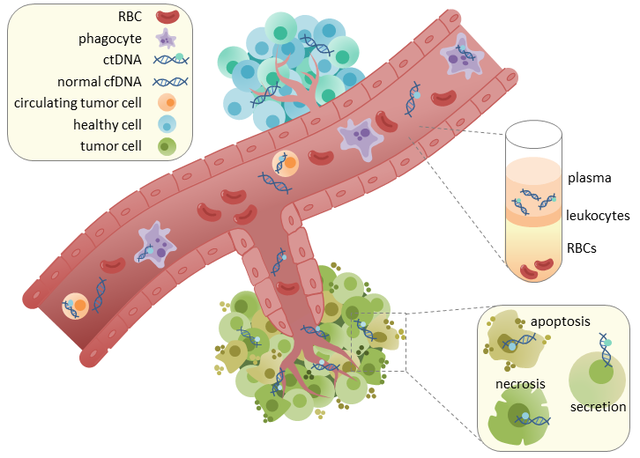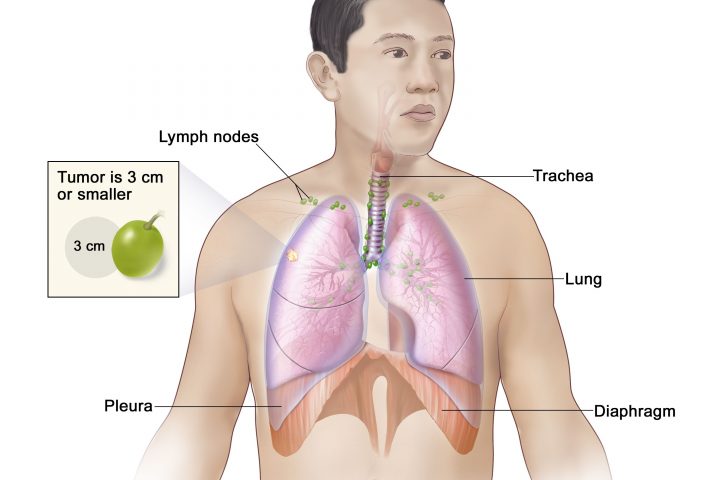By Dr. Dipesh Uprety
While immunotherapy is being used religiously for non-oncogene-addicted advanced non-small cell lung cancer, the activity of immunotherapy in oncogene-addicted non-small cell lung cancer is minimal.
During the presidential symposium at ESMO Asia 2022, the results of the CheckMate-722 trial were presented (1). This trial included patients with sensitizing EGFR mutation-positive metastatic non-small cell lung cancer who had disease progression on standard EGFR tyrosine kinase inhibitor (n=294). The patients were randomized into nivolumab plus platinum doublet (n=144) or platinum-doublet chemotherapy (n=150). The study demonstrated no difference in progression-free survival between the nivolumab plus chemo and chemo arm (Md PFS 5.6 months versus 5.4 months, HR 0.75 (0.56-1.00), p=0.0528).
Additionally, according to a recent press release from Merck, the KEYNOTE-789 study, which is a similar study where patients with TKI-resistant, EGFR mutant advanced NSCLC were randomized into two arms with platinum-pemetrexed ±pembrolizumab, also did not demonstrate statistically significant improvement in PFS and OS with Pembrolizumab (2).
Oncogene-addicted tumors are unlikely to have a good response to immunotherapy because these tumors are immunologically cold. They exhibit a low tumor mutation burden and are likely to have an uninflamed tumor microenvironment (3). It has been increasingly clear that immunotherapy for “immunologically cold” driver-mutant lung cancer may not be optimal.
Earlier, a subgroup analysis of the IMPOWER-150 showed improved PFS and OS in patients with sensitizing driver-mutant EGFR when an anti-VEGF therapy was combined with chemotherapy and immunotherapy (4). Various trials utilizing antiangiogenic therapy in combination with immunotherapy are underway. While immunotherapy remains the backbone of treatment for non-oncogene-addicted NSCLC, understanding the resistance mechanism and developing newer generation tyrosine kinase inhibitors targeting the resistant signaling pathway is imperative.
References:
- Mok et al. Nivolumab (NIVO) + chemotherapy (chemo) vs chemo in patients (pts) with EGFR-mutated metastatic non-small cell lung cancer (mNSCLC) with disease progression after EGFR tyrosine kinase inhibitors (TKIs) in CheckMate 722. Abstract LBA4. Presented at ESMO Asia 2022.
- Merck Provides Update on Phase 3 Trials KEYNOTE-641 and KEYNOTE-789. Website: https://bit.ly/3yV3lqR, accessed 3/18/2022
- Gainor JF et al. EGFR Mutations and ALK Rearrangements Are Associated with Low Response Rates to PD-1 Pathway Blockade in Non-Small Cell Lung Cancer: A Retrospective Analysis. Clin Cancer Res. 2016 Sep 15;22(18):4585-93.
- Reck M et al. Atezolizumab plus bevacizumab and chemotherapy in non-small-cell lung cancer (IMpower150): key subgroup analyses of patients with EGFR mutations or baseline liver metastases in a randomised, open-label phase 3 trial. Lancet Respir Med. 2019 May;7(5):387-401.






